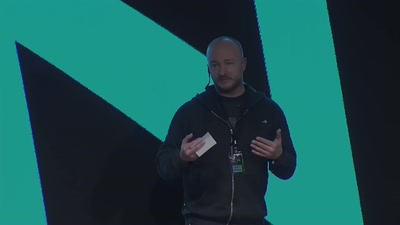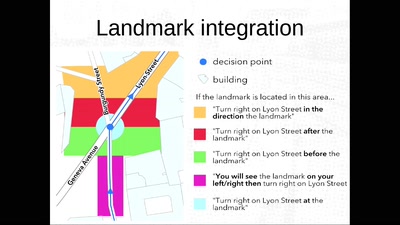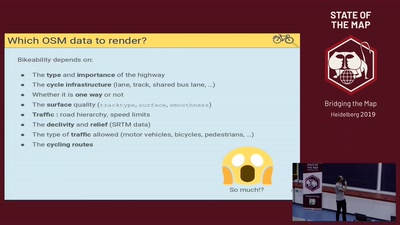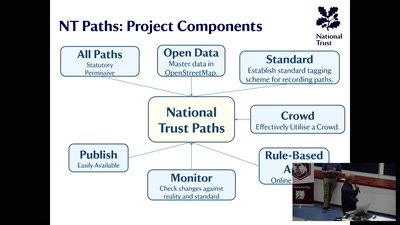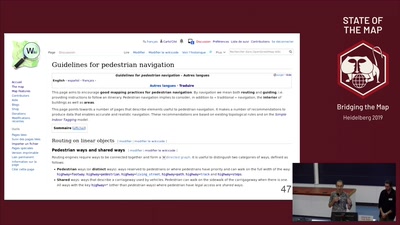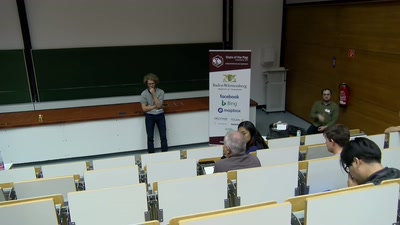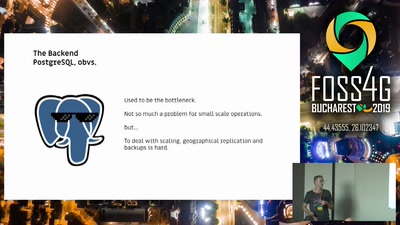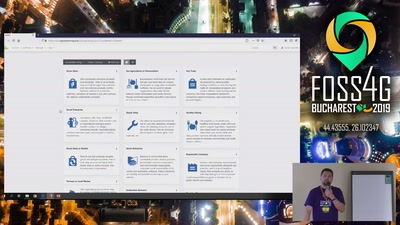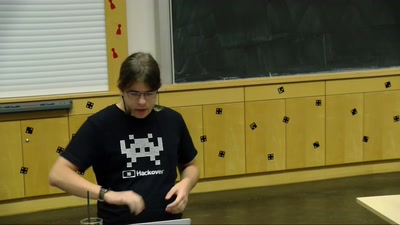Collaborative cartography of cycling infrastructure for route and thematic maps in Medellin, Colombia
The project created from the cooperation between GeoLab (Universidad de Antioquia), and SiCLas (group of cyclists), both present in Aburrá Valley (Colombia), proposes a collaborative mapping by bicycle users as an urban transport mode. The data generation from existing cycling infrastructure will allow an improvement of OSM database, and an optimization in route calculation. In addition, the incorporation of surveys will allow the generation of thematic maps, such as the association of gender with mobility.
The cities of the Aburrá Valley, with Medellín as a core city, present a network of bike paths, and the theme of sustainable and non-motorized mobility is gaining increasing importance in public policies in the region. Meanwhile, everyday cyclists, who use the bicycle on a daily basis as a mode of transport, know that this cycling infrastructure has lacks in several aspects, such as a fragmented presence in the territory, non-direct routes, among others.
In addition, the cycling infrastructure in OpenStreetMap is not completely mapped or has erroneous information, this represents a problem for cyclists who wish to transport themselves through the city and identify the most appropriate route to their destination. It does not have accurate and relevant information for users such as the location of bicycle parking, bike-share stations and multimodal stations, among others. These reasons represent a disincentive for more people to choose the bicycle as a mode of transport.
For these reasons, this project aims to map the existing formal cycling infrastructure, urban transport routes used by cyclists, to optimize route calculation, and aims to create a platform that allows the visualization of safety data, infrastructure, environmental problems (air quality) and gender mobility, among others, in which the information of shared eventualities can be collected and uploaded by the users.
From the cooperation created between the GeoLab research group of the University of Antioquia – YouthMappers chapter, and the SiClas group of cyclists, both entities present in the Aburrá Valley, a considerable number of cycling activists will be mapping the cities of the valley with the OSM platform and tools open. The discussion of the existing tags in OSM for the mapping of cycling infrastructures is a topic of interest in the project, and can contribute to a discussion of the creation of new tags in OSM. The status of current information will be verified and corrected and the missing routes mapped. The tools to generate the thematic maps will be KoBo Collect, Mappillary, among others.


